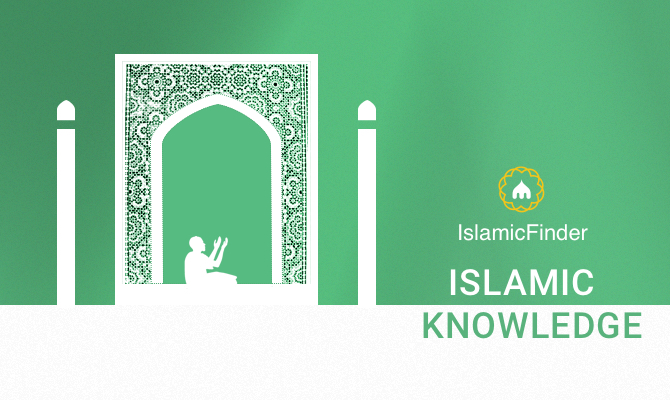Written for the Adab 101 series on Instagram, featuring concise texts that help readers explore topics further.
Picture a person who has no fear of any consequences and whom no human eye can see. How can we contain this self-serving individual from committing utterly evil and cruel things? What could possibly stop this person from indulging in the darkest of desires without any limitations or constraints? Is there anything that could hold him back from doing whatever he wants, whenever he wants?
^Read this again.
Now, consider this quote from Umar ibn al-Khattab, may Allah be pleased with him, “Whoever fears Allah, does not vent his anger, and whoever is mindful of Allah does not do whatever he desires.” Abī Dāwūd 98
It is ultimately the awareness and fear of the higher power, in one form or another, and an innate disposition of morality (fitrah) that deters one from engaging in evil, and the underlying fabric of our society from succumbing to the pit of savage self-indulgence.
Yet, this awareness alone is insufficient. While fear or fitrah may initially restrain one from wrongdoing, it cannot sustain moral conduct. The very notion of “evil” becomes meaningless without an objective standard to define it. Only by recognizing the Creator and the guidance sent through His messengers throughout history can we access an immutable moral framework—one that defines good and evil not according to evolving human thought, but as eternal truth revealed by the Creator.
Taqwa.
Taqwa is the sincere effort to abide by Allah’s commands and eschew anything that contradicts His will. It requires understanding what Allah has declared harmful or beneficial, and surrendering one’s intellect and desires to His wisdom. While knowing Allah is the most powerful, He’s also the most merciful. Taqwa elicits profound love and gratitude towards the Sustainer, the Creator. Taqwa and Iman remain incomplete without understanding who Allah is; His oneness and infinitude, as described in the Quran and Hadith, and all His attributes (Sifaat).
Meaningless Mindset.
The popular modern mindset prioritizes individual gain over the collective good. It promotes self-obsession and the aimless pursuit of pleasure as a cure for dissatisfaction. It deems life and death meaningless and humans pointless, leading one toward the loss of personal identity and existential nihilism. To those who subscribe to this mindset, Taqwa and piety are outdated concepts, and being a practicing Muslim seems nothing but confining.
However, by aligning our actions with Allah’s will, we revert to our true purpose and achieve fulfillment that cannot be found through material pleasures. Regardless of the generation, Taqwa will remain relevant, as the human condition remains the same, and the need for guidance and purpose in life will never change. The principles of Taqwa provide a timeless framework for leading a meaningful, just, and fulfilling life.
Humankind is not made perfect.
The idea of perfection in Islam is not endorsed. The deficient qualities of a human have been mentioned several times in the Quran. Therefore, humans will make mistakes: …˹for˺ they are truly wrongful ˹to themselves˺ and ignorant ˹of the consequences˺. (Surah Al-Ahzab 33:72)
Now, what remains is the key difference between a Muttaqi (who has Taqwa) and a Fasiq (arrogant sinner). A Muttaqi will be regretful and remorseful and would hastily ask for forgiveness when he/she commits an unlawful act (Haram). The Fasiq would persist in defiance of Allah and won’t repent. The Messenger of Allah (peace be upon him) said, “All the sons of Adam are sinners, but the best of sinners are those who are given to repentance.” (Mishkat:2341)
There is more to explore and learn about repentance. In the upcoming posts about Adab 101, we will discuss the concept of repentance, its philosophical and psychological importance, and the significance of Tawbah in Islam. Insha’Allah!




